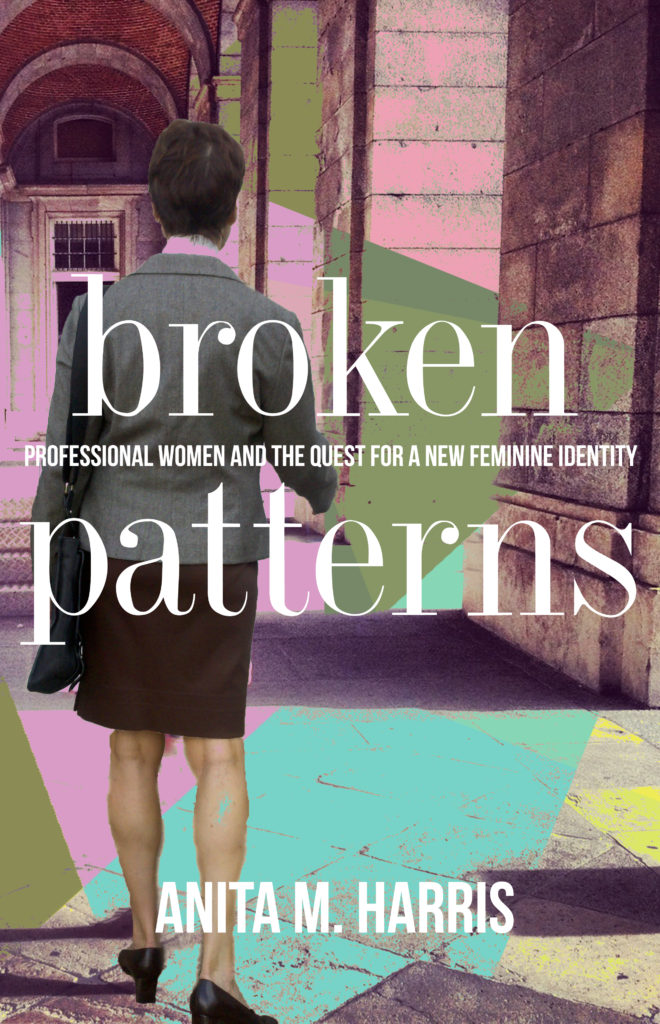A new edition of Anita Harris' book, Broken Patterns, has been published by Cambridge Common Press. The...
press
CBS Evening News Exec: At the recent G20 Summit, "when [Obama] stood up, it was a proud...
"Please support the free press--by paying for it."
